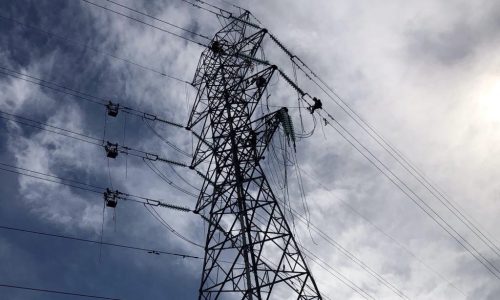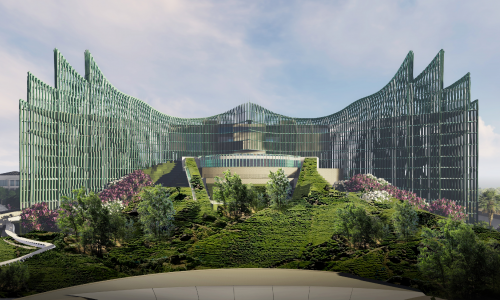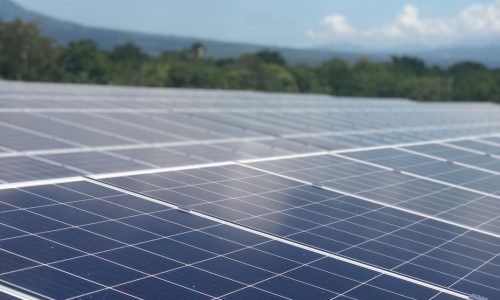Indonesia is poised to witness a groundbreaking development as State-owned electricity company PT PLN, under its subholding PLN Indonesia Power, gears up to operationalize the country’s inaugural hydrogen refueling station (HRS) in Senayan, Jakarta. With the construction progress reaching an impressive 98 percent, the HRS is slated for completion by February 2024.
PLN’s President Director, Darmawan Prasodjo, emphasizes that this station is a pivotal step following the utilization of green hydrogen produced by 21 operational green hydrogen plants since November 2023. He highlights the HRS’s potential to effectively replace fossil fuel-based energy sources, marking a significant shift towards environmentally friendly options for vehicles.
“Beyond electric vehicle charging infrastructure, we are ready to introduce the first hydrogen refueling station in Indonesia as an eco-friendly energy alternative for vehicles,” said Darmawan in a media statement on Tuesday, January 16, 2024.
The almost-completed HRS in Senayan will cater to a diverse range of hydrogen-based vehicles, from private to public and heavy-duty. Furthermore, the HRS in Senayan is equipped with capacities of 150 bar, 300 bar, and with plans for gradual increments up to 700 bar. PLN is also actively innovating hydrogen-based electric vehicles, set to be showcased during the inauguration of the Senayan HRS.
Darmawan said the development of the green hydrogen supply chain will strengthen national energy resilience, reducing dependence on imported fossil fuels in favor of domestically produced green hydrogen. He emphasized that this energy transition not only aimed to reduce emissions in the transportation sector, but also facilitated a shift to environmentally friendly, even zero-emission, energy sources at significantly lower costs.
PLN’s calculations reveal the cost competitiveness of green hydrogen fuel compared to traditional fossil fuels. The cost per kilometer for gasoline vehicles is Rp1,400 (9 US cents), electric vehicles Rp370, and hydrogen vehicles merely Rp350.
The Senayan HRS will not only feature hydrogen-based electric vehicle chargers but also include a Hydrogen Center and Hydrogen Gallery Room, serving as a hub for hydrogen-related training and education in Indonesia.
Presently, PLN has the capacity to produce 199 tons of green hydrogen, utilizing 75 tons for operational power plants and reserving 124 tons for other purposes. This surplus can cater to 424 units of hydrogen-based electric vehicles, saving 1.55 million liters of imported fossil fuels per year and reducing carbon emissions by 3.72 million kg annually. PLN collaborates on this initiative with the Ministry of Energy and Mineral Resources (ESDM), the National Research and Innovation Agency (BRIN), and Indonesia Fuel Cell and Hydrogen Energy (IFHE).










